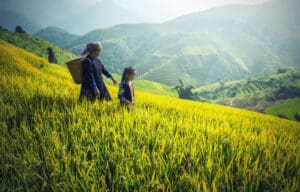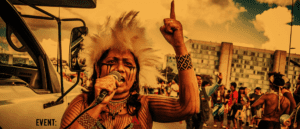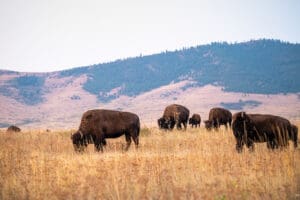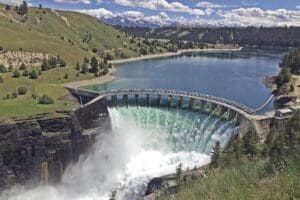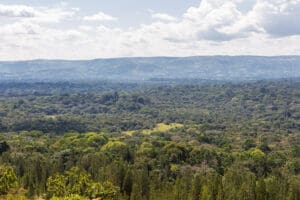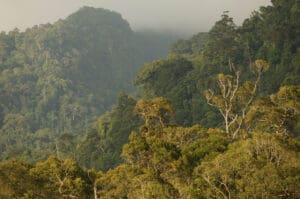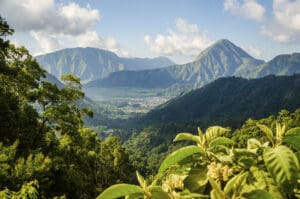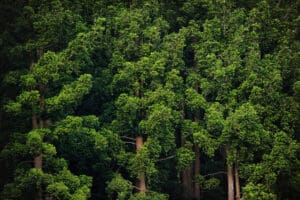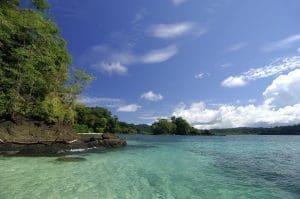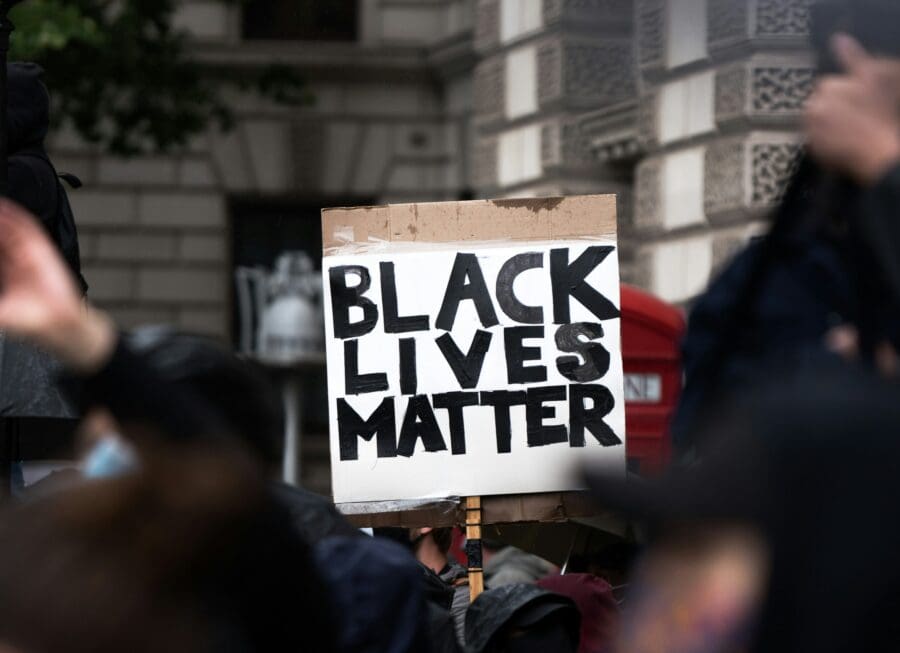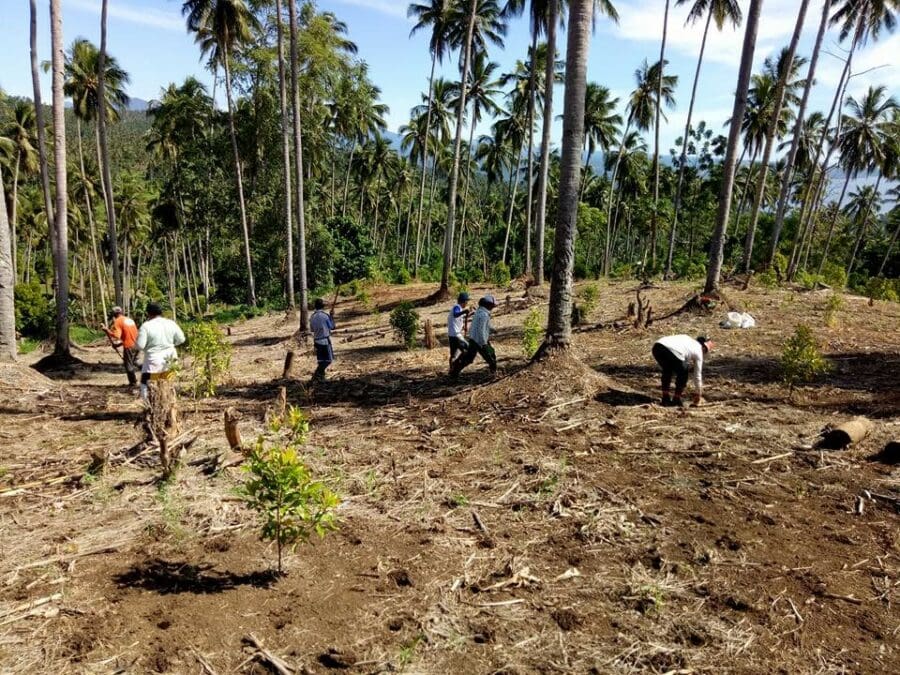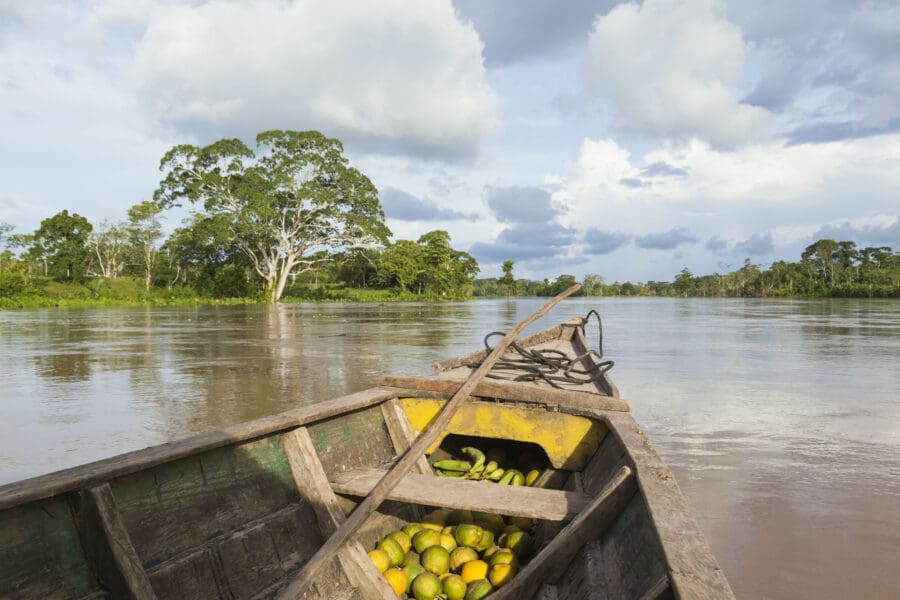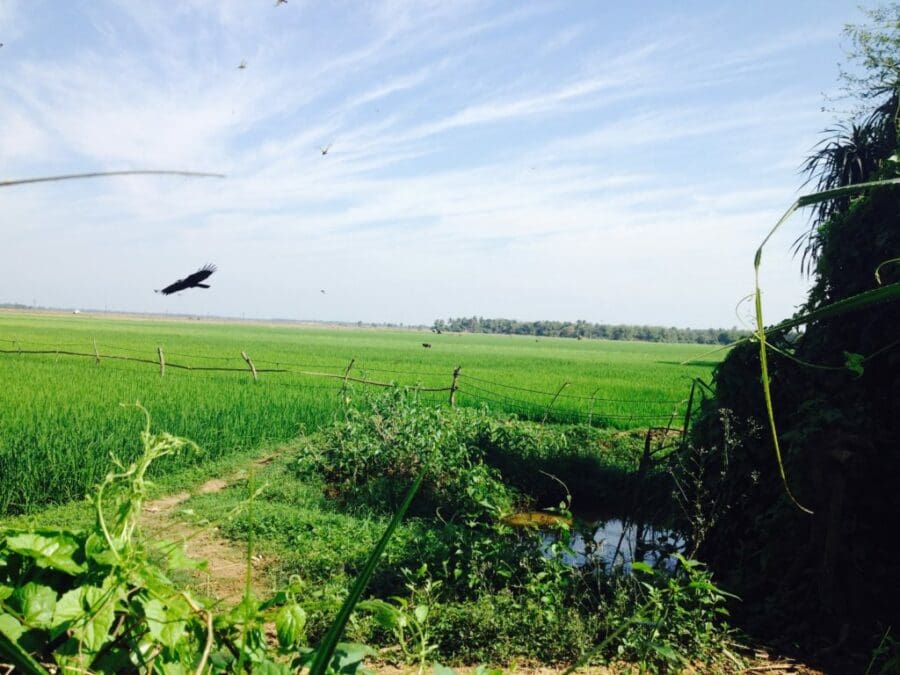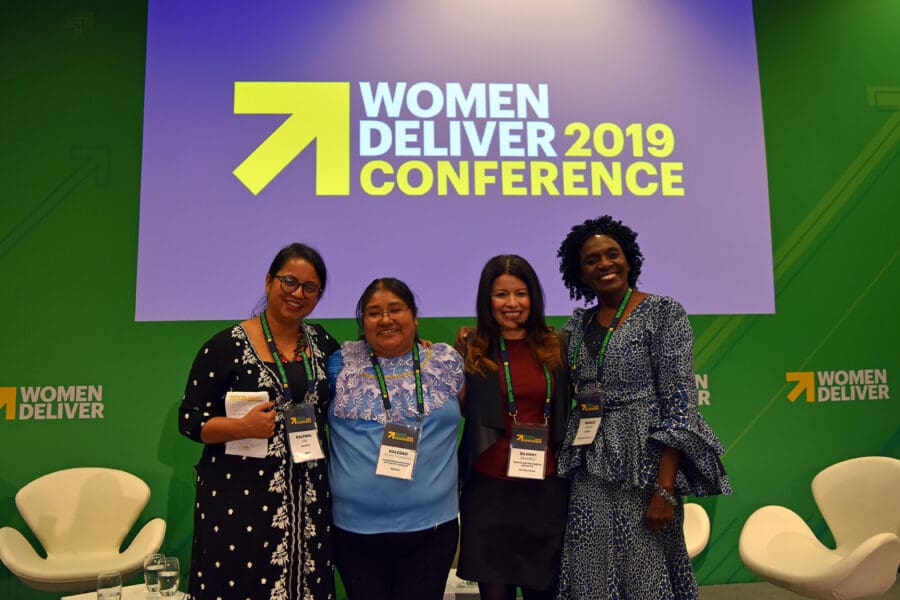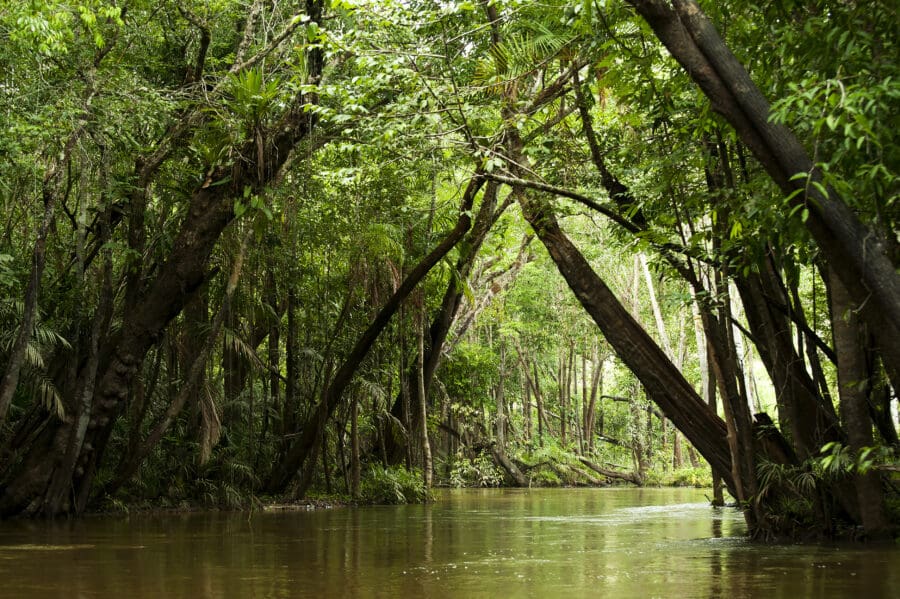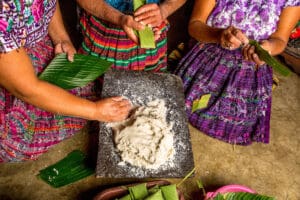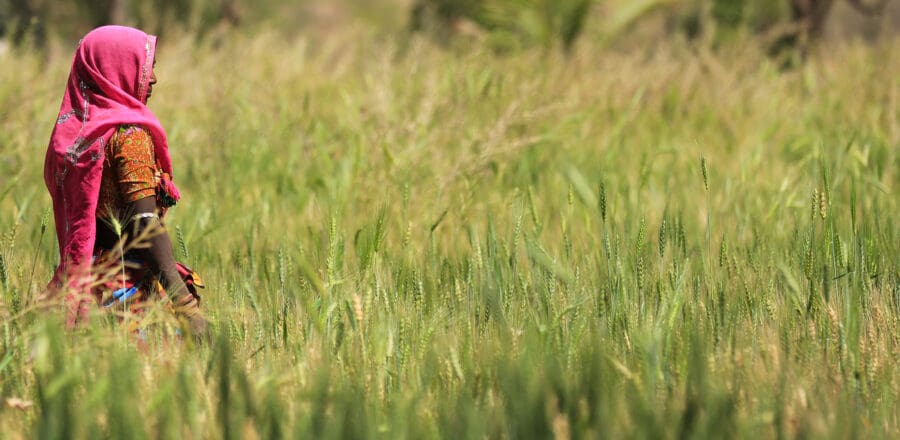Não há empoderamento político sem empoderamento econômico. Esse foi o princípio por trás de uma estratégia de 2019 da Coalizão da América Latina da RRI [Iniciativa de Direitos e Recursos] para analisar sistemas econômicos com base nos próprios conceitos de desenvolvimento das comunidades dentro de seus sistemas de propriedade comum.
The fires in Similipal National Park and Tiger Reserve have brought to the fore the tug of war between the forest department and the community for biosphere ownership.
Thailand’s legal frameworks for biodiversity conservation and international climate commitments omit the important role that its Indigenous Peoples play as stewards of the environment.
Across the world, the outbreak of COVID-19 has created unprecedented challenges for RRI members and their communities. In many cases though, it has also led to opportunities for empowering local communities. This was the case for Social Entrepreneurs for Sustainable Development (SESDev), a Liberian non-profit that works on natural resource governance rights.
There is no political empowerment without economic empowerment. That was the principle behind a 2019 strategy by RRI’s Latin America coalition to analyze economic systems based on communities' own concepts of development within their collective tenure systems.
The Amazon’s peoples and representative organizations, threatened by the ongoing pandemic, are calling upon supporters across the world to join their fight to protect the Amazonian territories from this crisis. The virtual gathering, "The Jungle Screams: Voices of the Amazon," will analyze and build proposals to fight Covid-19, climate change, patriarchy, gender-based violence, and political systems that hijack democracy. This event is open to participation.
As rising pollution levels, accelerating climate change, and population growth accumulate pressure on the world’s freshwater resources, there has never been a greater need to legally secure the freshwater rights of the Indigenous peoples and local communities who claim and steward over half of the world’s land — including vital watersheds that sustain healthy aquatic and terrestrial ecosystems.
After decades of battling misinformation, the Confederated Salish and Kootenai Tribes recover their lands and the herd.
Federal legislation enacted at the end of 2020 clears up longstanding tribal claims over water rights in Montana and provides the Confederated Salish and Kootenai Tribes with a historic $1.9 billion windfall.
In May 2017, Kenya’s Ogiek people, a hunting and gathering community, won a landmark victory before the African Court on Human and Peoples’ Rights after…
Africa is currently experiencing what can be called its “third great land transformation.” This follows the first one inaugurated by colonial powers, and a second one launched by postcolonial states for developmental and infrastructural purposes. The 21st century wave of land grabs, which has exploded in recent years, constitutes the third.
With surging international, national, and sub-national policy attention to land tenure security (LTS) in developing countries in recent years, it is timely to ask: What have been the effects of thousands of efforts to improve it in dozens of developing countries? To date, almost all efforts to answer this question have been relatively small-scale, discrete studies within the boundaries of a single country.
A new study from RRI documents the multidimensional impacts and multiplier effects of collective rights violations by extractive industries and infrastructure development in Latin America. The study tracks 102 cases involving Indigenous Peoples, Afro-descendants, and local communities.
Damaging the Forest, Harming People - Negative impacts of the illegal timber trade between Cameroon and Vietnam
We depend on and are part of nature. Our life-giving water, the air we breathe is cleansed and revitalised, the food we eat comes from a living soil. Many of our health cures have origins in nature and our education and spiritual sustenance requires exposure to nature. Edmund Barrow FRSA argues our current economic and development paradigms fail to recognise this which requires a shift from being ‘tourists’ to pilgrims when it comes to our place on Earth.
We at the Rights and Resources Group (RRG) know that the events of the past weeks and the murders of Ahmaud Arbery, George Floyd, and Breonna Taylor by police officers are only a snapshot of the white supremacy that underlies widespread injustice against Black lives.
In Mangkit Village, North of Sulawesi in Indonesia, land was returned to farming families, ending a long struggle between the community and a plantation company. This has crucial implications for the communities’ livelihoods and very survival.
We already know the solution to climate change: reduce emissions and protect forests. And luckily, there is a group of experts who are uniquely suited to manage, protect, and restore the world’s forests: Indigenous Peoples and local communities.
The recent IPCC report was the first to recognize the critical importance of securing indigenous and community land rights as a climate solution.
RRI’s Strategic Analysis and Global Engagement Director Alain Frechette discusses the evidence behind this finding.
At the most recent Women Deliver conference—the world’s largest gathering on gender equality and the wellbeing of girls and women—experts from across the RRI Coalition had the opportunity to learn from diverse leaders around the world, while also raising awareness of the urgent need to recognize the rights of indigenous, rural, and community women. Here’s what participants said international audiences need to know about the challenges and opportunities facing this unique subset of women.
The GLF summit presented the first draft of a ‘gold standard’ on rights, which will define the principles of secure and proper rights to be applied by public, private and non-profit actors in the implementation of policies, business and initiatives in global landscape. “We wish to establish that the respect of our rights is non-negotiable,” said Joan Carlin of the Indigenous Peoples Major Group for Sustainable Development (IPMG), which leads the initiative together with the Rights and Resources Initiative (RRI).
Representatives from 13 governmental land agencies in Africa announced today in Antananarivo, Madagascar the launching of the Network of African Land Institutions for Community Land Rights (ALIN) to serve as a platform for exchange and mutual support to advance opportunities to secure indigenous and community land rights across the region.
RRI is thrilled to be participating in the Women Deliver Conference, the world’s largest conference on gender equality and the well-being of girls and women.
Recognizing and securing women’s land and resource rights—in law and practice—benefits women, their communities, and their countries. Strong governance rights for women underpin their ability to participate in decision-making affecting their personal agency and economic security, their children’s future, and the future of the planet. Just a handful of stories from the RRI Coalition demonstrate how, across the world, indigenous and rural women are fighting for their land and resource rights, and using their traditional knowledge and leadership to contribute to myriad global development goals.





